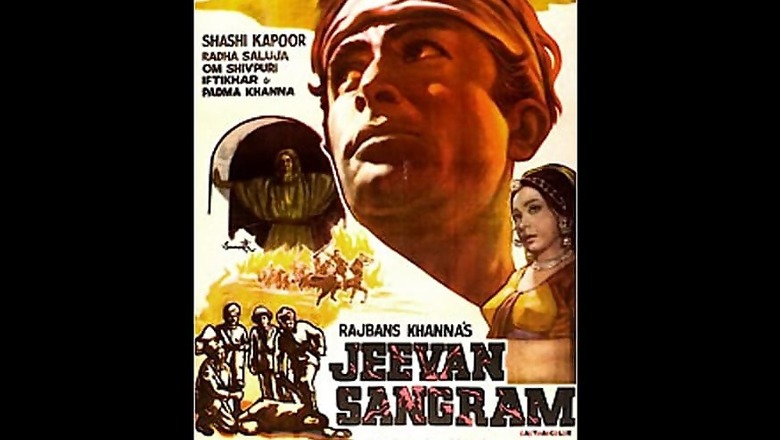
views
Looking back at the unfortunate Komagata Maru tragedy of 1914, the Canadian government issued a stamp in the centenary year of the tragedy in 2014 and has now issued a formal apology, respectfully remembering the 350 Indians who became victims of this horrific piece of our history, sadly not known to many.
About the actual incident
Komagata Maru was a Japanese steamship hired by an influential Sikh, Baba Gurdit Singh, sailing towards Canada with 376 Indians aboard, including majority of Sikhs along with Muslims and Hindus as per the history books. The ship reached Vancouver on May 23, 1914, but due to certain migration restrictions, its passengers were not allowed to get off and only 20 of the 376 people were given the permission after proving their resident status. The ship was then sent back to India and it reached a port near Calcutta after a long, tiring voyage towards the end of September (after four months). But shockingly, here several travellers of the ship were gunned down by the British troops near Baj Baj Ghat in a clash, only a few managed to escape, whereas the rest were all imprisoned in their own country under the British Raj. This tragedy was one of the major historical events of the early 20th century, hugely contributing towards triggering India’s freedom struggle over the next three decades.
A rare Hindi film made on Komagata Maru
Dedicating the project to Baba Gurdit Singh (the man who hired the ship), writer-producer-director Rajbans Khanna made a spirited Hindi film titled ‘Jeevan Sangram’ in the year 1974, which, instead of showcasing the whole journey, was a fictional account of the events happening after the ship returned to India. The movie featured Shashi Kapoor, Radha Saluja, Om Shiv Puri, Man Mohan, Iftekhar, Murad, Asit Sen, Jalal Agha and many more in key roles of revolutionary Indians and had its soundtrack composed by Kalyanji-Anandji. The songs had melodious voices of Lata Mangeshkar, Asha Bhosle, Usha Mangeshkar, Mahendra Kapoor and Narender Chanchal, singing the lyrics of Indivar, M. G. Hashmat and Gulzar. The screenplay and dialogues were also written by Gulzar and Qamar Jalalabadi, which undoubtedly gave the project a finer edge.
Made with a very authentic feel of Punjab, the film had some thoughtfully written dialogues in its well-executed climax, mentioning the teachings of Jesus Christ and the huge sacrifice of the entire family and the four young sons of the tenth Guru of the Sikhs, Guru Gobind Singh.
Unfortunately, ‘Jeevan Sangram’ remains one of those forgotten but visionary films made in the ‘70s on India’s independence movement. Plus the Komagata Maru incident is still sadly not known to a big proportion of our population, which remains an important reason why this lesser known film needs to be seen and introduced to the present generation as a must.



















Comments
0 comment